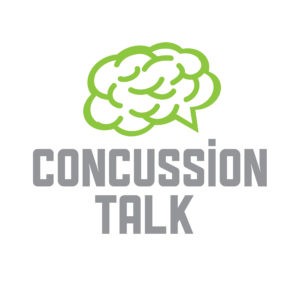As has been said countless times in countless articles about brain injury, “every brain injury is different”. I don’t know and don’t care to know how many times I’ve heard or read it. That phrase is used primarily for the benefit of the general public to explain or define a lasting injury about which little is known. Although geared towards people who have – seemingly – little or no experience with brain injury, the statement should alsos be understood as fully as possible by those of use who have such experience.
In 2003, until making a hard and fast right turn on my bike on a hill in Victoria, BC, I had every intention of completing my upcoming 8 month MPA work term with the Auditor General in Ottawa, and while there, continuing to ride my bike and join a local water polo club. When I finished my MPA I would work somewhere for a few years, then, hopefully, pursue a PhD. Â The next morning, all that changed. Two weeks later, when I woke from my coma, I was a different person. Not completely different – I was lucky – but different enough that I had to change my plans for my future.
My focus wouldn’t be on finding an apartment in Ottawa or impressing my boss at my work term. It wouldn’t be on finding a good cycling route or finding a water polo club to join. It would be on rehab: learning to walk, learning how to deal with the many daily challenges, including my speech. So, instead of working, hanging out at bars or parties with others my age, playing water polo, and cycling, all those options were off the table. I had to figure out who I was and how my brain injury effected me. I don’t want to understate how lucky I consider myself, especially after meeting others whose brain injury has been truly devastating.
I couldn’t evaluate my progress in rehab against some reliable standard, because there is no standard that encapsulates the way each brain injury effects each different person – there was the Berg, but that was a balance standard, not a brain injury standard. Nor could I make self evaluations based on what somebody else did, because “every brain injury is different”. Self evaluation was based not on “how badly you want it” (that phrase really bugs me because it discredits the agonizingly hard work that people put into their recovery, but, for whatever chance reason, don’t see results), for me, it had to be based on if I was happy with myself – not my progress – everyday. Being fit and physically active before my brain injury has undoubtedly been advantageous since, as it helped my immediate recovery go more smoothly and kept many frustrations at bay. Â It was therefore difficult not to measure my happiness based on my physical progress.
However, as I noted above, I was a different person. I didn’t have to like where I was physically, but I had to accept some realities or risk never being happy. I worked hard immediately after my injury and I continue to and I’ll be damned if I’m not going to enjoy some happiness for all that. Otherwise, what’s the point? One of the hardest parts is accepting – in the most superficial definition of the word – the new reality. It’s important to have dreams and goals, just know that there’s more than one way to reach them. While “every brain injury is different”, I think it’s safe to say that TBIs (traumatic brain injuries) change lives. Knowing where you are after a brain injury is essential. From there you can pick the best way to go after your dreams and goals. Don’t be convinced that there’s only one route.

Leave a Reply